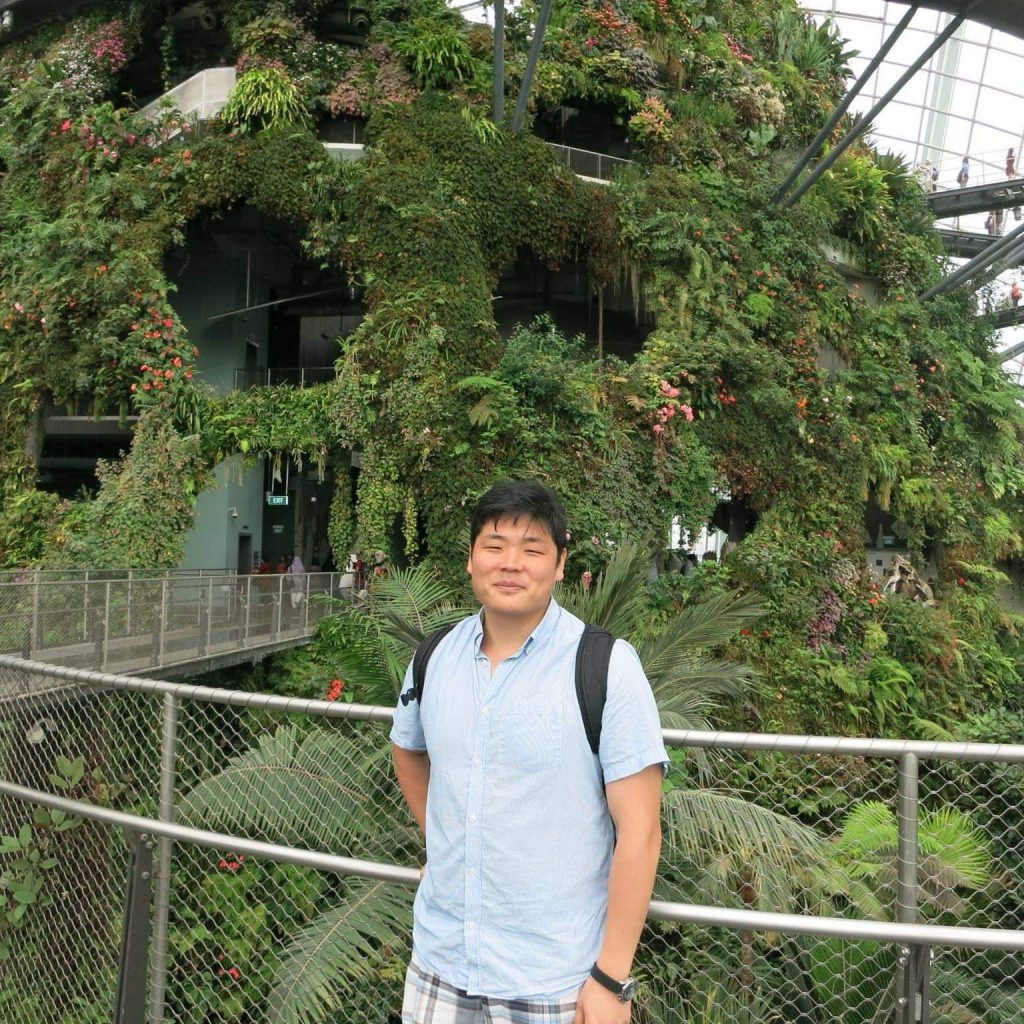Alumnus // UCLA

3 Things to Think about Before, During, and After Your Trip
I remember my first KCM STSM trip. I was a freshman and I was placed on India team, one of the “hard” countries. After months of training topped off with a retreat to Mexico (yes, KCM used to do retreats in Mexico), we were in India. India was hot, smelly, and at times in complete chaos. We worked with some of the missionaries KCM still works with (I’m guessing St. Paul’s school is still #1 in India). We visited countless schools and churches, even an orphanage and a home for special needs children. We saw the aftereffects of the then-recent tsunami. We visited slums and even survived a massive flood. I even jumped out of a moving train. All of this made for great story material. But looking back, these experiences were not what was most important. Years later, I don’t remember most of what we saw and did. And I have no way of knowing how effective any of our ministry actually was.
So why even go on missions? What good comes from it? What are the most important things to take away from your trips? For those who are going and even those who are not, I want to share three points that I hope will help encourage and challenge you.
- Gain exposure to the bigger picture (Hab 2:14)
The biggest takeaway for me from my first trip was that God is a big God who is working powerfully all over the world. As KCM goes out to the nations, it has the privilege of participating in the global work that the universal church is doing to fulfill the Great Commission (Mt 28:18-20). When we focus too much on our local church contexts, we can make God into a small God who is only concerned with our needs and wants. One of my favorite things about overseas mission trips is hearing the amazing stories of God’s power and faithfulness in places and in ways that we could not have imagined. Not only do you get the opportunity to befriend fellow coworkers for the kingdom and see how God has worked in their lives, you are also challenged to step out in faith to see the same God working powerfully in your own. Hearing such stories, whether from the mouths of friends or historically in the form of Christian and missionary biographies, has been a significant part of my own spiritual growth.
- Grow a heart, gain some tools (2 Cor 9:8)
One of the most clichéd statements that comes out of the mouths of KCM STSM trainees after they’ve come back from their trips is that they’ve “grown a heart” for something. There is absolutely nothing wrong with the idea itself. The problem lies in consistency and follow-up. I’ve seen my fair share of STSMers who’ve proclaimed their heart for such-and-such country or such-and-such ministry who have seemingly “lost their heart” only a year or two later.
I never gained a special heart for India. I’ve actually never been back. But at debriefing, I was touched hearing the stories of my fellow STSMers who’d been to China. Something about the country and the ministry struck a chord with me. I made a commitment to go and see. After graduating, I chose to spend a year in China learning the language and helping out wherever I could. In the years following, on further trips to “creative access countries,” God began to grow my heart for the equipping and training of church leaders in Asia, especially in the area of theological education. Currently, I am privileged to be teaching theology in Singapore, the “Antioch of Asia,” to folks from all over the world. How did I get here? It wasn’t simply because of the “heart” God gave me for China as a student. It was also because of the cultivation and development of that heart, the recognition of the tools and skills needed to become more effective, and the conviction to actually follow up and gain these tools. And, of course, God needed to open some doors. For those who may already have a “heart,” what actually needs to happen for your dreams to come true? What steps of faith must you take?
- Take steps for long-term obedience (Lk 9:23-25)
I’m aware that given the worldwide Covid-19 situation, KCM STSM might not happen this year. So what? This changes nothing. Giving up a month of your life to serve overseas is not the ultimate act of discipleship, nor is it crucial to the work of the kingdom. Nor is this the last and only opportunity to go, see, and serve. An STSM trip is only one small step in a lifetime of obedience. It should not and cannot be the highlight of your Christian life. One danger of STSM is that we might view it as a nice “field trip.” We step outside of our comfortable bubbles, never venture outside again. Russell Jeung puts it nicely:
“The comfort level that Asian Americans experience in their churches is one of safety… The danger for the Asian American Christian community is to become too inward and self-satisfied.”
Faithful Generations, 163-164.
I think that many returning STSMers often miss the point. The trip itself is not what’s most important. What you saw and sharing your stories is not what’s most important. What’s most important is the follow-up, the application of lessons post-missions. Has what you’ve seen caused any actual inward change? Will the lessons you’ve learned still have an impact on you 5, 10, or even 20 years from now? Rather than placing so much emphasis on one summer and one event, will you continue to build on the faith you exercised in joining and doing STSM? Will you continue to live as if you are on missions, in your priorities and the decisions you make? The value of your trip is not in the amazing things you see or in the stories you tell, but in the follow-up, what you do with those things.
Whether you go this summer or not (and it could be that none of you go this summer), the purpose of this program is to get you to think bigger and to set your minds on something higher. To live for something greater than yourselves. My hope is that you continue to remind yourselves continually of how big God is and how powerfully he is working in the world, that you learn to recognize the passions and gifts that God has given you, and that you learn to become more intentional in growing and using those gifts for the sake of His kingdom.




